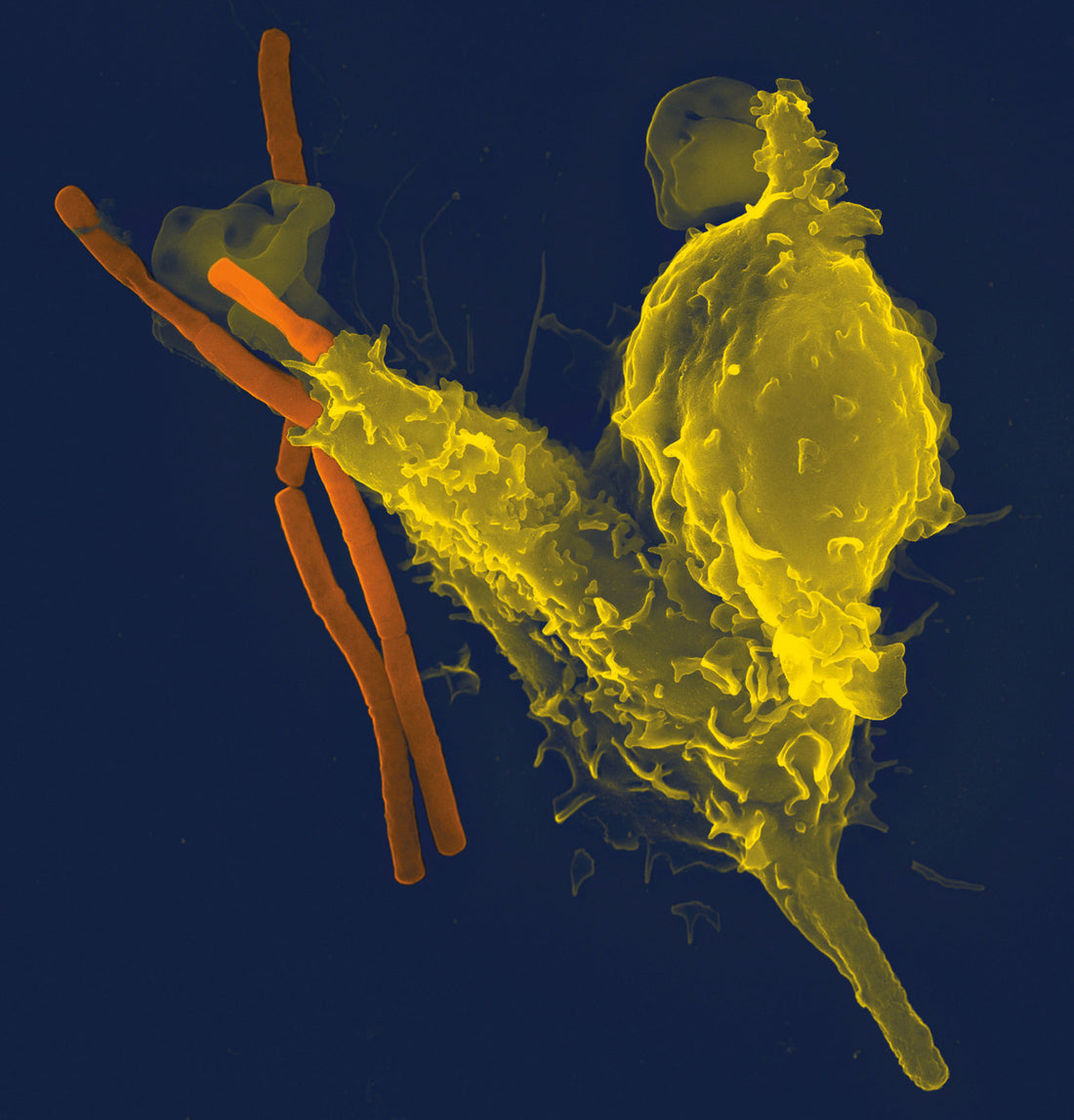
Understanding the aging immune system
Share
The immune system serves as the body's defense mechanism, shielding it from harmful substances and aiding in the removal of infected, old, or diseased cells. Its complexity and diversity are remarkable, yet as we age, this vital system begins to decline in functionality, leading to a host of health issues.
Age-related changes in immune function
As individuals age, their organs start to function differently in an attempt to adapt to changing physiology. This adaptation process can throw the body further out of balance, significantly impacting the immune system's strength. A weakened immune system offers less protection against infections and diminishes the effectiveness of vaccinations.
The role of the thymus gland in immune response
A key factor in the diminishing immune response is the reduced number of T cells in the thymus gland. Every 15 years from birth, the quantity of T cells is halved. These cells, along with B cells, form the core of the adaptive immune system, which combats new threats. The ability of T cells to transform into memory T lymphocyte cells after overcoming a threat is crucial for long-term immunity. However, this capability declines over time due to DNA damage and telomere shortening, weakening the immune defense.
Adaptive immune system challenges
The adaptive immune system faces additional challenges as its "memory" capacity can become filled, leaving less space to learn how to fight new infections. For instance, cytomegalovirus, which infects many individuals, can occupy a significant portion of this immune memory, further straining the system's ability to respond to new threats.
The link between cholesterol and atherosclerosis
Cholesterol, despite being necessary for the body, can lead to the formation of atherosclerotic plaques when it accumulates on blood vessel walls. Macrophages, immune cells tasked with removing these plaques, struggle to process cholesterol that has been modified by oxygen and sugar reactions. This process leads to the formation of lipid droplets and, eventually, the death of macrophages, contributing to the development of atherosclerosis.
Consequences of narrowed blood vessels
The narrowing of blood vessels due to atherosclerotic plaques can have severe consequences for health. Reduced blood flow to the heart can cause chest pain and shortness of breath, while narrowed arteries to the penis can lead to erectile dysfunction. Moreover, the rupture of an atherosclerotic plaque can lead to heart attacks or ischemic strokes, depending on where the blockage occurs, potentially resulting in long-term damage or chronic conditions such as vascular dementia.
Concluding thoughts on immune system aging
The aging immune system faces numerous challenges, from reduced effectiveness in fighting infections to the increased likelihood of developing conditions such as atherosclerosis. Understanding these changes and their impacts is crucial for developing strategies to maintain immune health as we age. Through lifestyle adjustments and medical interventions, it's possible to mitigate some of the adverse effects of an aging immune system, potentially leading to a healthier, more resilient body in the later years of life.